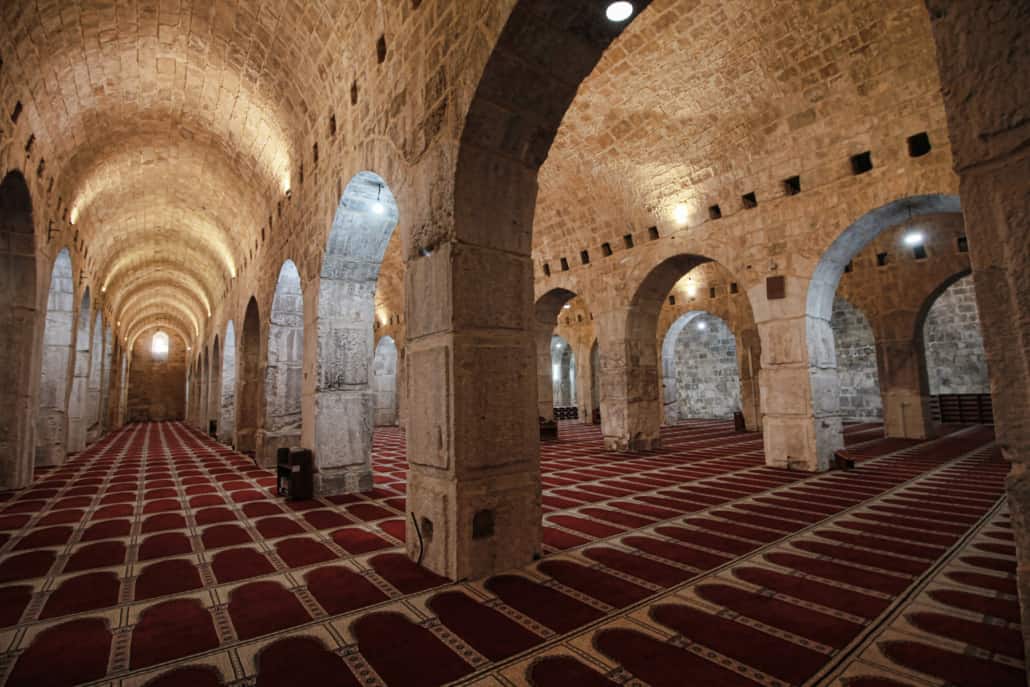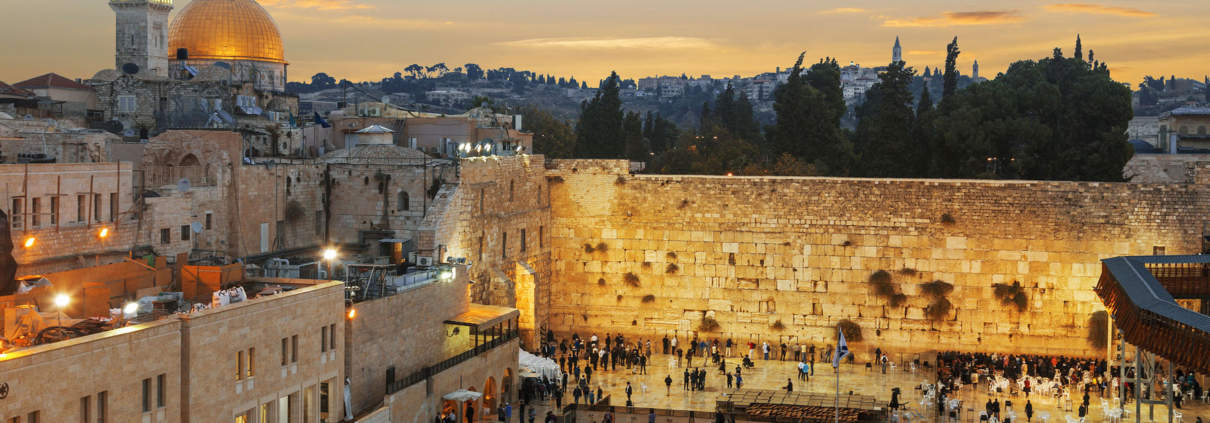Religious Pilgrimage in Israel: A Spiritual Journey
Religious pilgrimage has been a significant practice for people of various faiths for thousands of years, offering a unique opportunity for spiritual connection, reflection, and growth. For many believers, going on a pilgrimage to a sacred location is considered an essential aspect of their faith journey, allowing them to deepen their connection to their religion and to the historical and cultural context of their beliefs.
Among the numerous destinations that attract religious pilgrims from around the world, Israel stands out as one of the most significant, with a rich history and culture that is intertwined with the birth and development of three major Abrahamic religions: Judaism, Christianity, and Islam. Pilgrims who visit Israel can experience the unique spiritual energy of this land, explore the roots of their faith, and connect with others who share their beliefs. As such, Israel is a destination that holds profound significance for millions of religious pilgrims, making it a place of deep spiritual importance and a must-visit location for those seeking to deepen their faith journey.
One of the most significant pilgrimage sites in Israel is the Western Wall in Jerusalem. It is considered the holiest site in Judaism and is visited by thousands of Jewish pilgrims each year. The Western Wall is believed to be the only remaining part of the Second Temple, which was destroyed by the Romans in 70 CE. According to Jewish tradition, pilgrimage to Jerusalem during the three major festivals – Passover, Shavuot, and Sukkot – is required of Jewish men.
For Christians, the most important pilgrimage site in Israel is the Church of the Holy Sepulchre in Jerusalem. It is believed to be the site of Jesus’ crucifixion and resurrection and is visited by millions of Christians every year. Other significant pilgrimage sites for Christians include the Sea of Galilee, where Jesus is said to have performed miracles, and the Mount of Beatitudes, where he gave the Sermon on the Mount. Muslims also consider Jerusalem as an important pilgrimage site, as it is home to the Dome of the Rock, which is located on the Temple Mount and is considered the third holiest site in Islam.
With its rich history and culture, it’s no wonder that Israel is such a significant destination for religious pilgrims. To fully understand the significance of religious pilgrimage in Israel, it’s important to explore the significance of the practice.

The significance of religious pilgrimage in Judaism, Christianity, and Islam
Religious pilgrimage has been a tradition for millennia, with believers from different faiths traveling to sacred sites around the world to connect with their spirituality, deepen their understanding of their faith, and seek divine inspiration. The three major Abrahamic religions, Judaism, Christianity, and Islam, all consider Israel as an important destination for religious pilgrimage. This is due to the land’s significance as the birthplace and historical center of their respective faiths, where important events in their religious narratives took place.
For Jews, pilgrimage to Israel is a fundamental part of their religious practice. The land is home to numerous sacred sites, with Jerusalem being the most significant. The Western Wall, a remnant of the Second Temple, is considered the holiest site in Judaism, and Jews from around the world travel to Jerusalem to pray and connect with their faith. The three major Jewish festivals, Passover, Shavuot, and Sukkot, also require Jewish men to make a pilgrimage to Jerusalem, highlighting the importance of the city in Jewish religious practice.
For Christians, Israel is a significant destination for religious pilgrimage as it is the birthplace of Jesus Christ and the location of many of the events described in the New Testament. Visiting the Holy Land allows Christians to walk in the footsteps of Jesus, to witness the locations of his birth, baptism, ministry, death, and resurrection. Some of the most significant pilgrimage sites for Christians include the Church of the Holy Sepulchre, the site of Jesus’ crucifixion and resurrection, and the Mount of Olives, where Jesus ascended to heaven.
For Muslims, Israel is significant as it is home to the Dome of the Rock and the Al-Aqsa Mosque, which are both located in Jerusalem. The Dome of the Rock is believed to be the site where Prophet Muhammad ascended to heaven, and Al-Aqsa Mosque is where he led prayers during his miraculous night journey. Jerusalem is also believed to be the place where the Prophet Ibrahim built the Kaaba, which is the most sacred site in Islam, located in Mecca, Saudi Arabia.

Popular pilgrimage sites in Israel
The most popular pilgrimage sites in Israel include the Western Wall, the Church of the Holy Sepulchre, and the Dome of the Rock. The Western Wall is a place of prayer and reflection for Jews from all over the world. The Church of the Holy Sepulchre is believed to be the site of Jesus’ crucifixion and resurrection, and is a major destination for Christians. The Dome of the Rock is significant for Muslims and is a beautiful example of Islamic architecture.
The experience of going on a pilgrimage to Israel
Going on a religious pilgrimage to Israel can be a life-changing experience. The physical journey can be challenging, but the spiritual rewards are significant. Religious pilgrims can deepen their connection to their faith and to the history and culture of the region. Advice for those considering going on a pilgrimage to Israel includes planning ahead, staying safe, and being respectful of the customs and traditions of the region.
The future of religious pilgrimage in Israel
Religious pilgrims in Israel face a number of challenges, including political conflict. However, it remains an important practice for believers around the world, and Israel will continue to be a significant destination for religious pilgrims in the future.
Religious pilgrimage to Israel is a unique and transformative experience that connects believers to their faith and to the history and culture of the region. Whether it’s to connect with the history and tradition of Judaism, to walk in the footsteps of Jesus and connect with the early Christian church, or to visit the holy sites of Islam, religious pilgrimage to Israel is an opportunity to deepen one’s spiritual connection and to experience the unique culture and history of this remarkable land.



